Overview
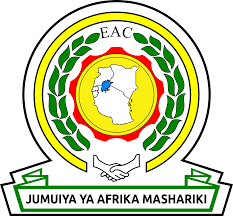
- Act: East African Court of Justice Act, 2006
- Formed: 2001
- President: Justice Nestor Kayobera
- X (Twitter)
The East African Court of Justice (EACJ) is the judicial arm of the East African Community (EAC), established under the EAC Treaty. It began operations on November 30, 2001, and was formalized by the East African Court of Justice Act, 2006. The Court’s main role is to interpret and apply the EAC Treaty, resolving disputes between partner states, EAC institutions, and individuals on matters related to EAC law. It ensures adherence to the Treaty’s provisions, upholding the rule of law and fostering legal integration within the EAC.
President : Justice Nestor Kayobera
Justice Nestor Kayobera holds a Master’s degree in Public International Law from Hope Africa University in Bujumbura and a postgraduate diploma in Law, Mediation, and Arbitration from the Institute of Social Work in Dar es Salaam, Tanzania. Before his appointment to the EACJ in February 2021, Justice Kayobera served as the Director General in charge of Judicial Organization and Resources in the Office of the Attorney General of Burundi.
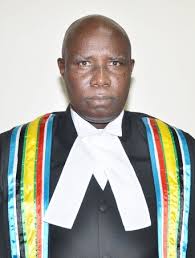
Board of Governors
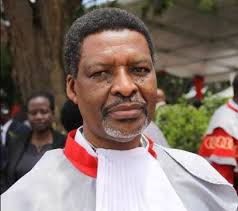
Justice Omar Othman Makungu
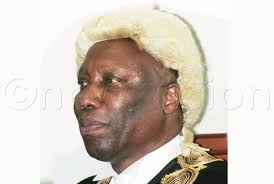
Justice Cheborion Barishaki
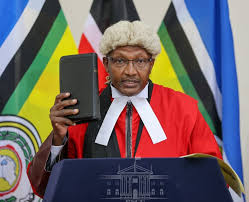
Justice M’Inoti Kathurima
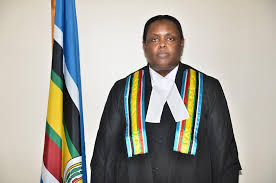
Lady Justice Anita Mugeni
Vice – President of the Court
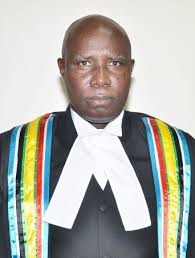
Justice Nestor Kayobera
President of the Court
Functions
- Interpretation of the Treaty: Interprets the provisions of the EAC Treaty to ensure proper application and adherence by partner states.
- Dispute Resolution: Resolves disputes between partner states, EAC institutions, and individuals regarding EAC law and Treaty compliance.
- Advisory Opinions: Provides advisory opinions to the EAC organs, partner states, and institutions on legal matters related to the Treaty.
- Enforce Treaty Obligations: Ensures that partner states fulfill their obligations under the EAC Treaty.
- Judicial Review: Reviews the legality of actions taken by EAC institutions and partner states, ensuring they comply with EAC law.
- Protecting Human Rights: Safeguards human rights and fundamental freedoms within the context of regional integration, under the EAC legal framework.
- Settling Trade Disputes: Resolves trade-related disputes and issues that arise between member states or institutions within the EAC.
- Settling Disagreements Between Institutions: Resolves conflicts and disagreements among EAC institutions or between institutions and partner states.
- Enforcement of Judgments: Ensures compliance with its rulings by partner states and institutions of the EAC.
- Promoting Rule of Law: Promotes the rule of law and the development of a legal culture that supports regional integration and cooperation.
Important Links
Address & Contacts
- East African Court of Justice, 1st Floor, EAC Headquarters, Africa Mashariki Road, EAC Close,
- P. O. Box 1096, Arusha, Tanzania
- eacj@eachq.org
- +255 27 2506093